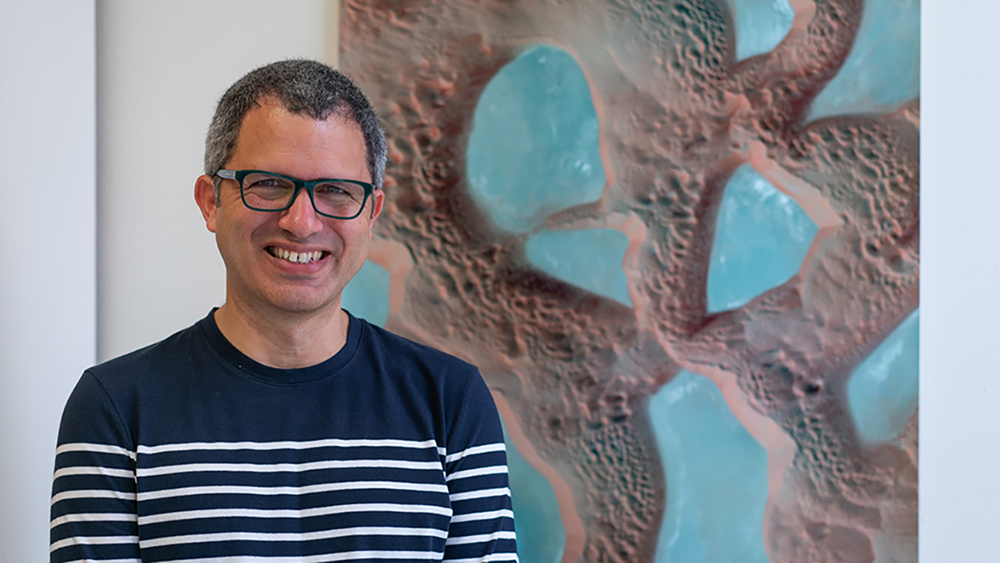
Dr. Orencio Duran Vinent, assistant professor in the Department of Ocean Engineering at Texas A&M University, was recently selected as a 2024 Sloan Research Fellow. This fellowship recognizes 126 of the top researchers from the United States and Canada. Fellows receive $75,000 to support research initiatives within a two-year term.
“I’m grateful for this honor and committed to use this opportunity to advance the global research on coastal resilience and sustainability under climate change,” said Duran Vinent.
Duran Vinent’s research focuses on enhancing infrastructure in coastal areas that are densely populated and economically booming. According to Duran Vinent, the fast pace of environmental change and the dynamic nature of coastal areas demands more resilient, cost-effective and sustainable coastal infrastructure that can coexist in equilibrium with natural ecosystems.
“The interconnected and non-linear nature of coastal and estuarine ecosystems, local shifts in the state of one natural system, as well as man-made disruptions amplified by climate change, can have global and potentially irreversible consequences,” said Duran Vinent.
I’m grateful for this honor and committed to use this opportunity to advance the global research on coastal resilience and sustainability under climate change.
Duran Vinent is interested in understanding how coastal ecosystems, such as wetlands, barriers islands and coastal dunes, form and adapt to environmental changes, such as risings sea levels, storms and human stressors, and how the connectivity of these ecosystems impacts the dynamics of human-bio-geomorphic systems.
According to Duran Vinent, these systems have ecological value — vegetated dunes, salt marshes, mangroves and oyster reefs can decrease coastal erosion and degradation, protecting from storm surges and flooding. These benefits could be harnessed to help coastal areas recover from disaster more effectively.
These studies align with the department's objective to contribute to a better understanding of ocean engineering through applied and fundamental research. Further, Duran Vinent’s work is integral to the larger departmental effort to establish a world-renowned program in coastal resilience science.
“Coastal ecosystems are naturally dynamic and build their own habitats, which means they can potentially recover from storm impacts and adapt to shoreline erosion and sea level rises,” he said. “However, harnessing these benefits will require solving the complex dynamics involved.”
Duran Vinent will use the fellowship to further these initiatives.